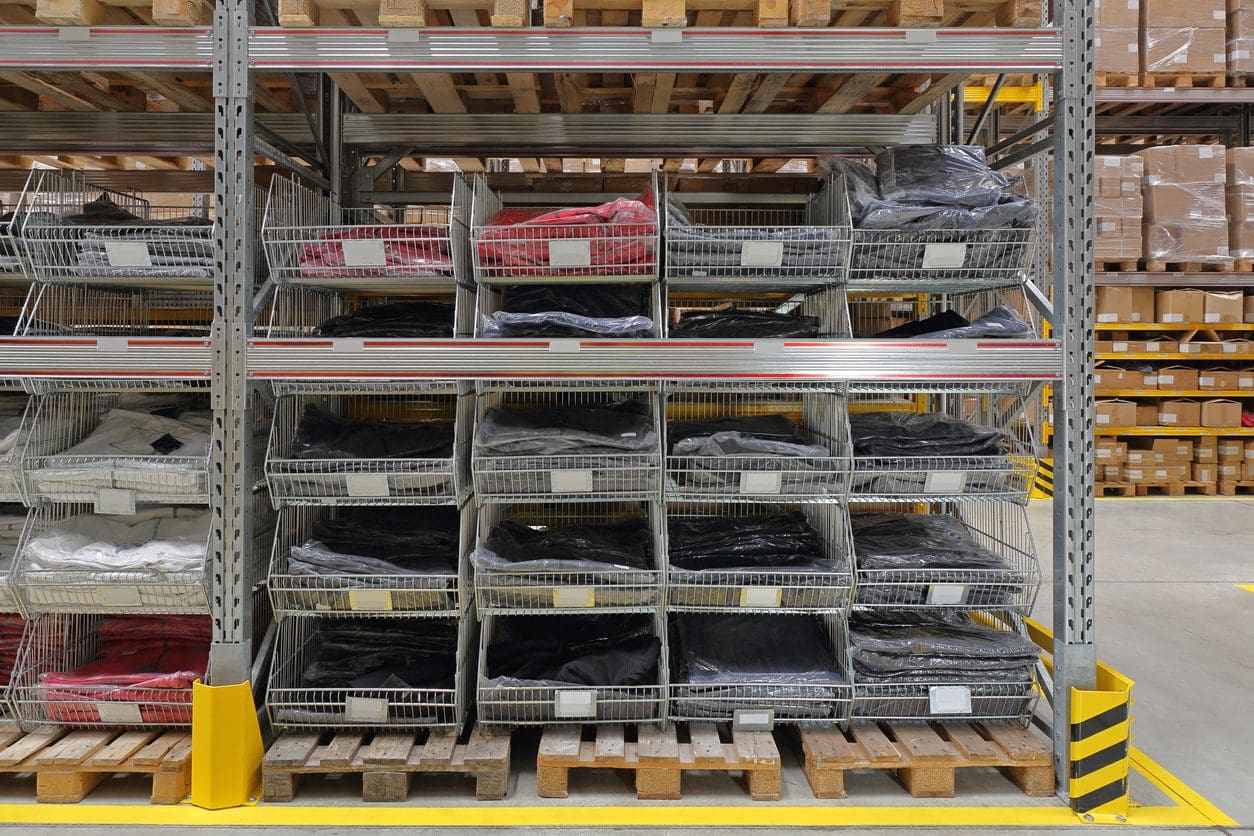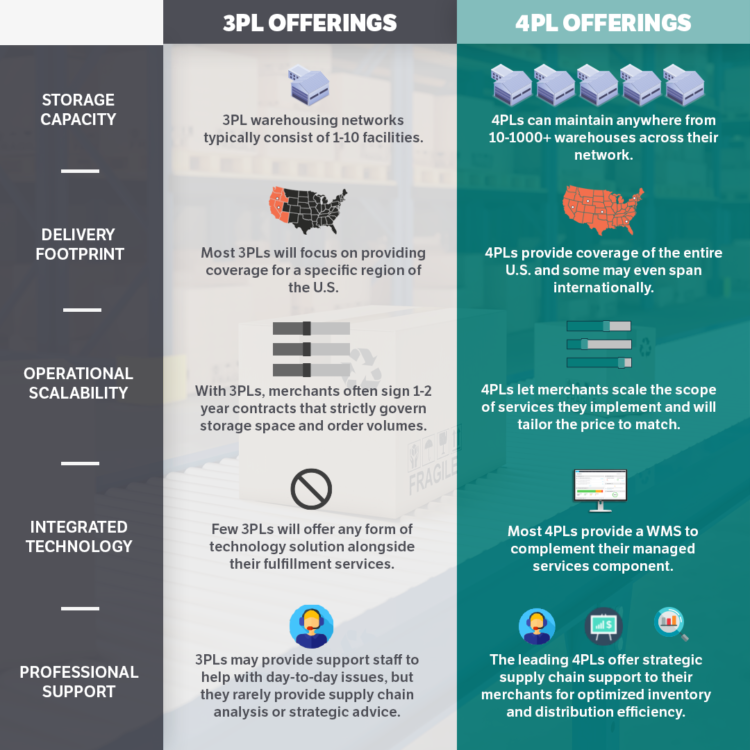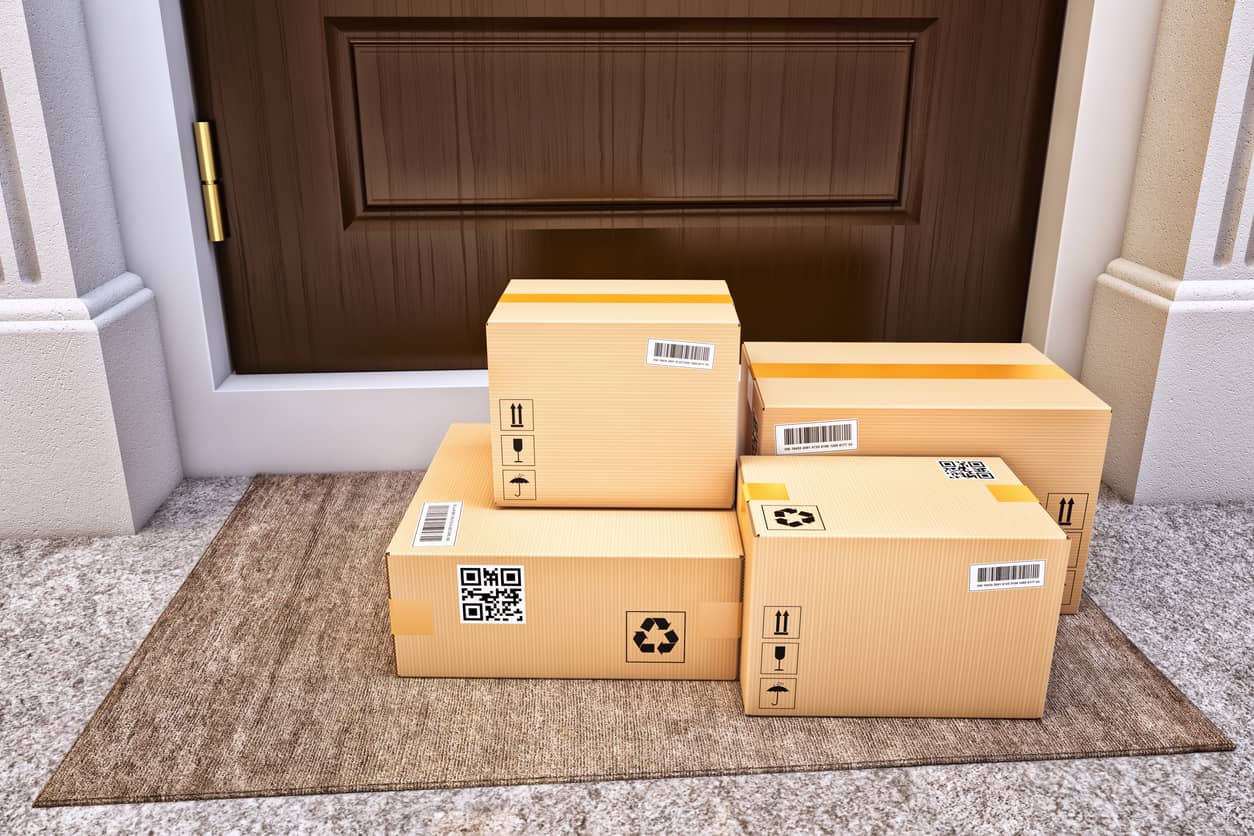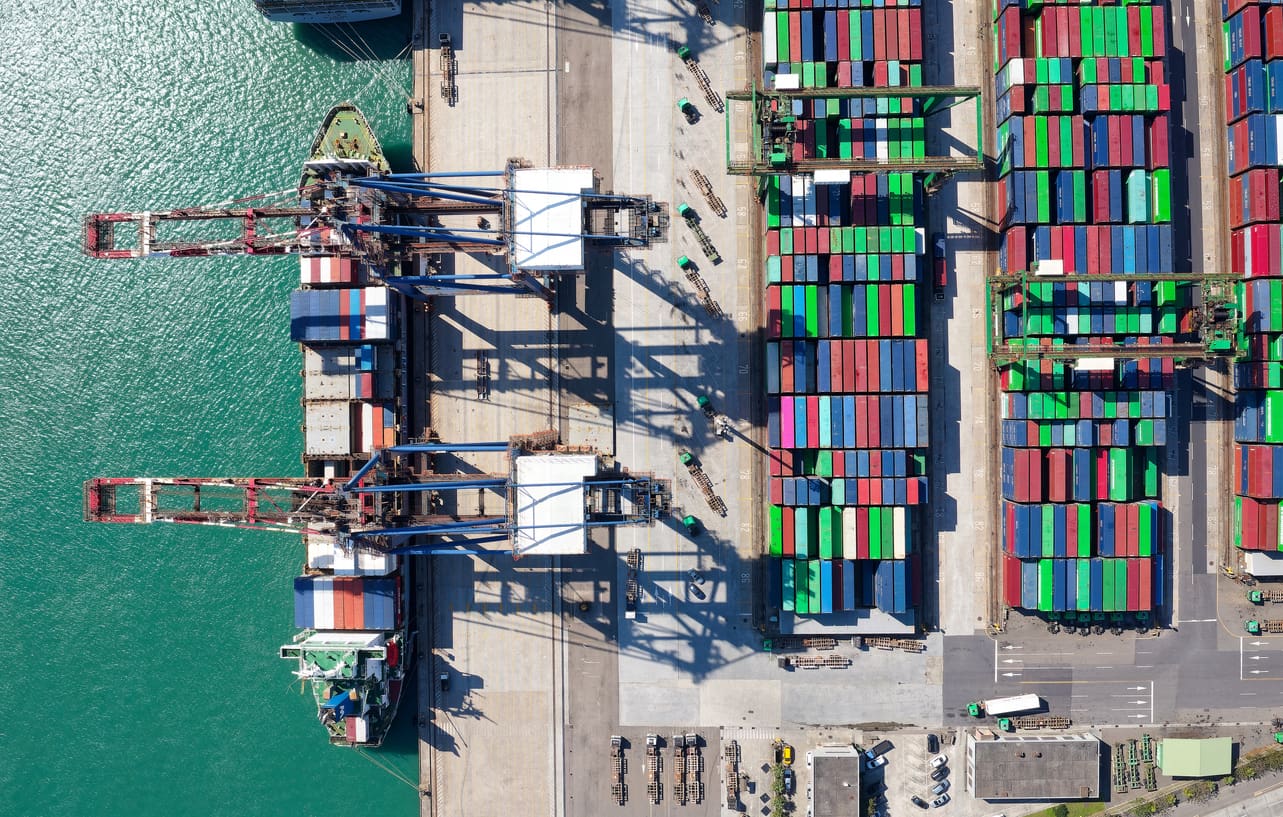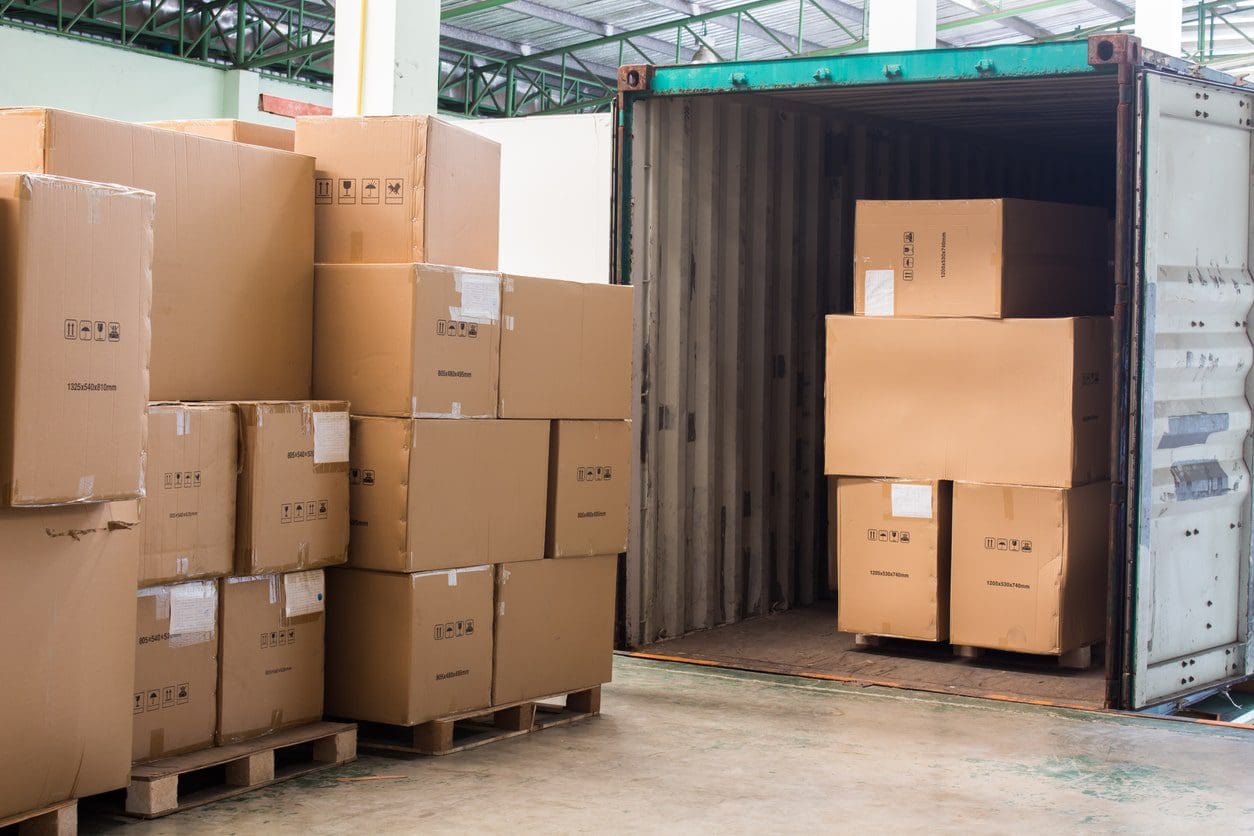5 questions to ask when selecting an outsourced fulfillment provider
Supply chain, including logistics and distribution, is a part of doing business when you’ve got a product to deliver. With many marketplaces guaranteeing 2-day shipping, merchants are feeling the pressure to keep pace. For large brands with the scale and capital to meet these standards, there may be little friction or concern with how they will manage. And, this is where, as a growing business, knowing when to insource and when to outsource to an expert fulfillment provider becomes an essential tactical lever.
Many SMBs decide to outsource their logistics with hopes that it will free up their operational bandwidth to focus on product innovation and expanding sales channels. In theory, this is true. The key is finding the right partner.
In recent years, the outsourced logistics landscape has grown to be more innovative than ever before, opening up more options for merchants. Speed, flexibility, and technology integrations are on the forefront of merchant expectations to operationally keep pace with consumer expectations. In the outsourced fulfillment space, you, more or less, have two options, the traditional 3PL (third party logistics) provider and the newly emerging 4PL (fourth-party logistics) provider.
What Differentiates a 4PL from a 3PL?
The difference between a 3PL provider and a 4PL provider is scale and breadth.
A 3PL owns the warehouse/s, maintains the staff, and handles all inventory management and fulfillment workflows on behalf of the merchant. 3PLs typically own between one and ten warehouses and most focus on providing coverage for a specific region of the US.
3PL services are a portion of what a 4PL provides. Most 4PLs have a variety of warehouses, often including multiple 3PLs, in their network to provide more comprehensive shipping capabilities, storage capabilities, and geographical coverage to merchants. Beyond more extensive fulfillment and distribution coverage, 4PLs can provide more visibility into a merchant’s full supply chain through technology integrations that can connect data points from sales through delivery.
Ware2Go is an example of a 4PL provider that has proved successful at building a logistics and distribution footprint that offers merchants one to two-day shipping across most any product needs. Ware2Go provides merchants with a WMS (warehouse management system) that connects all sales channels to one fulfillment network and even offers merchants a no contracts service model, enabling risk-free scalability.
5 Questions to Ask When Selecting an Outsourced Fulfillment Provider.
At the point when a business realizes that outsourcing fulfillment is the right answer, there is still a rather intensive vetting process ahead of them, especially if they’ve opted for a 3PL over a 4PL, which may do the warehouse vetting for them. Let these five questions guide you in making the “best-fit” decision for your business.
- Can Your Warehousing & Fulfillment Needs Be Handled? Start this search by taking a step back and evaluating the specific criteria your products require from their logistics provider. Do you have perishable goods that need to be stored and shipped at specific temperatures? How about fragile items that need special care? Do you require specialized kitting workflows? How much storage space will you need, and how will these volumes shift with seasonality?Once you’re able to pinpoint the exact warehousing and fulfillment services you need, fishing for detailed feedback from each potential provider will differentiate those that can meet your requirements from those that are not best-fit.
- Can You Reach Your Customers At the Speed Required? It is important to understand each warehouse’s geographic coverage and how that aligns with your key customer markets and their shipping expectations. If you need to reach all customers with two-day shipping and only want to pay ground shipping rates, you need to narrow your search to partners that can meet those expectations.While identifying ideal shipping speeds and coverage may sound simple, it’s important to maintain a forward-thinking lens as you make this decision. Today, many marketplaces require two-day shipping, and one-day shipping may be on the horizon. As shipping speeds become more influential to customer shopping patterns, it’s essential to consider how your fulfillment provider will be able to keep pace and scale with your needs.
- What Are the Varied and Fixed Costs? You can expect that most outsourced fulfillment providers operate off an internal “rate card” that line-items the fees associated with each process, such as storage, picking, packing, and delivery. Generally, these rates will vary based on storage space requirements, order volumes, product weights, and transportation modes.Be sure that you’re pressing for additional fees and contract terms associated with the pricing model. For example, 4PL providers may charge a technology fee or an additional fee to access their client support team. It’s important to evaluate the nominal value of these services and the short and long term benefit they will bring to your business. Contract minimums are another important factor to consider. Most 3PLs will require a 1+ year contract for their service that requires merchants to guarantee a consistent volume of shipped orders and storage space. On the flip side, some 4PL providers are beginning to shift to a monthly pay-as-you-go model allowing merchants to flex their fulfillment up or down with demand throughout the year.
- How Responsive is the Support Team? The trade-off to outsourcing your fulfillment workflows is often visibility and control, which is why it’s vital to have a strong understanding of what your partner’s client support will provide to you. You’ll want to consider both sides of client support, the warehouse teand handles all am physically performing yourDig in and ask questions about on-time fulfillment speeds, dock to stock time, and security measures to understand their warehousing processes and service levels. Ask about the speed to resolve issues, the number of clients to each team member, and the hours of client support services. It’s fair to ask for a reference from an active client before signing a contract to ensure that you’re comfortable with the support and service you will receive.
- Are Technology Integrations Possible? Beyond the “managed services” component of 3PLs, there is often a technology component associated with 4PLs, typically provided in the form of an online warehouse management system (WMS).Integrated technology is a huge advantage for merchants. It bridges the gap between delivery (where sales and operations meet) and every other part of the business. It allows a full-funnel view of both the supply chain and the sales cycle for more accurate customer acquisition costs (CAC) and cost to serve figures.Consider your current tech platforms and how inventory and delivery data would enrich them. Most merchants see tremendous value by plugging their order management systems, marketplace sales channels, and ERP systems into their WMS. Additionally, the WMS will provide full visibility reporting on the daily fulfillment workflows, including on-time order speeds, inventory volumes, and fulfillment delays.
Final Thoughts.
As the e-commerce landscape continues to evolve, and shoppers expect a faster, cheaper, and more transparent shopping experience, businesses should be strategic about building their product and distribution. While outsourcing fulfillment workflows are typically the most affordable and effective way to manage, finding the ‘right’ partner will strengthen operational workflows, provide an exceptional customer delivery experience, and ultimately drive your business growth forward.
Interested in talking to a 4PL provider we stand by? Reach out to Ware2Go, and they can walk you through the process of building a comprehensive fulfillment and distribution network fit to your needs.

